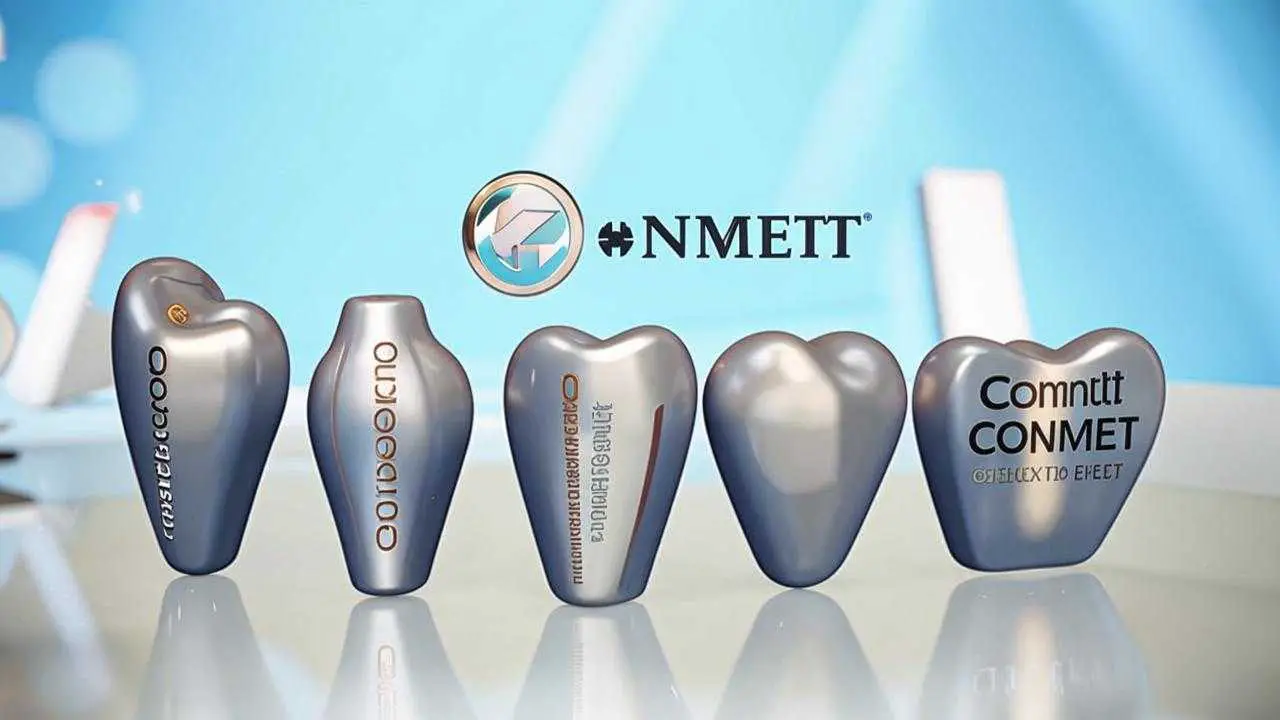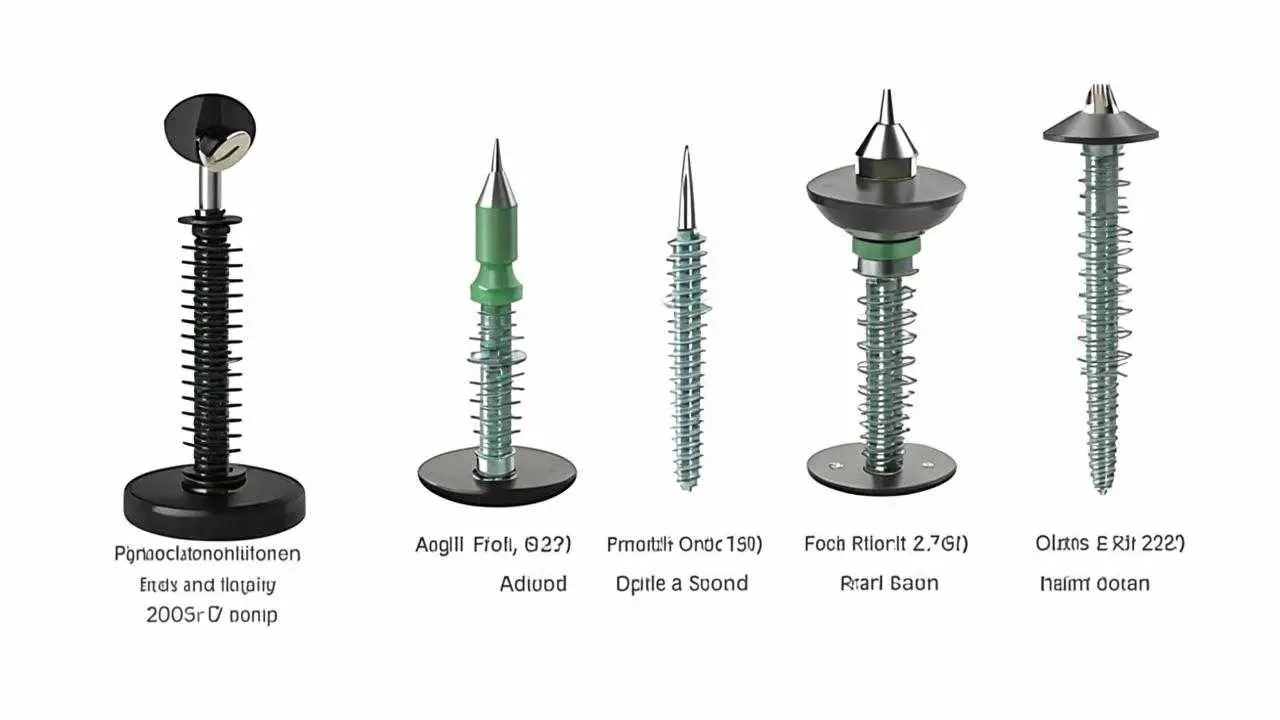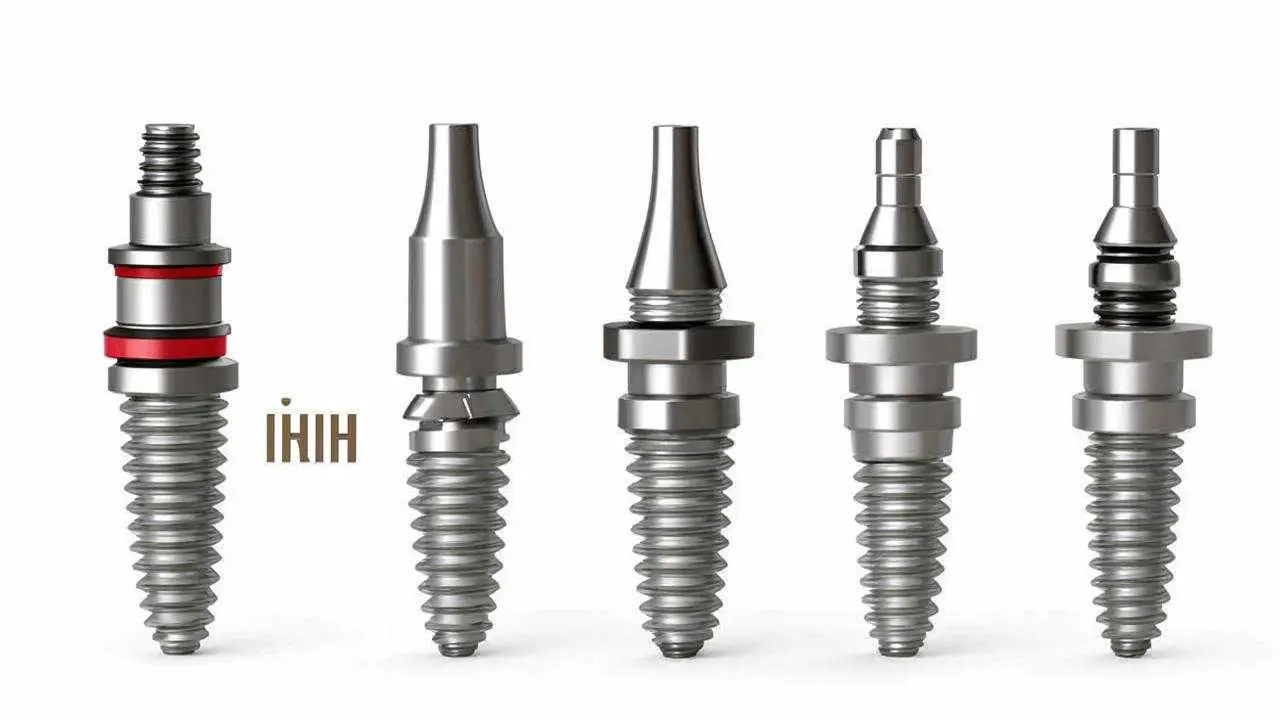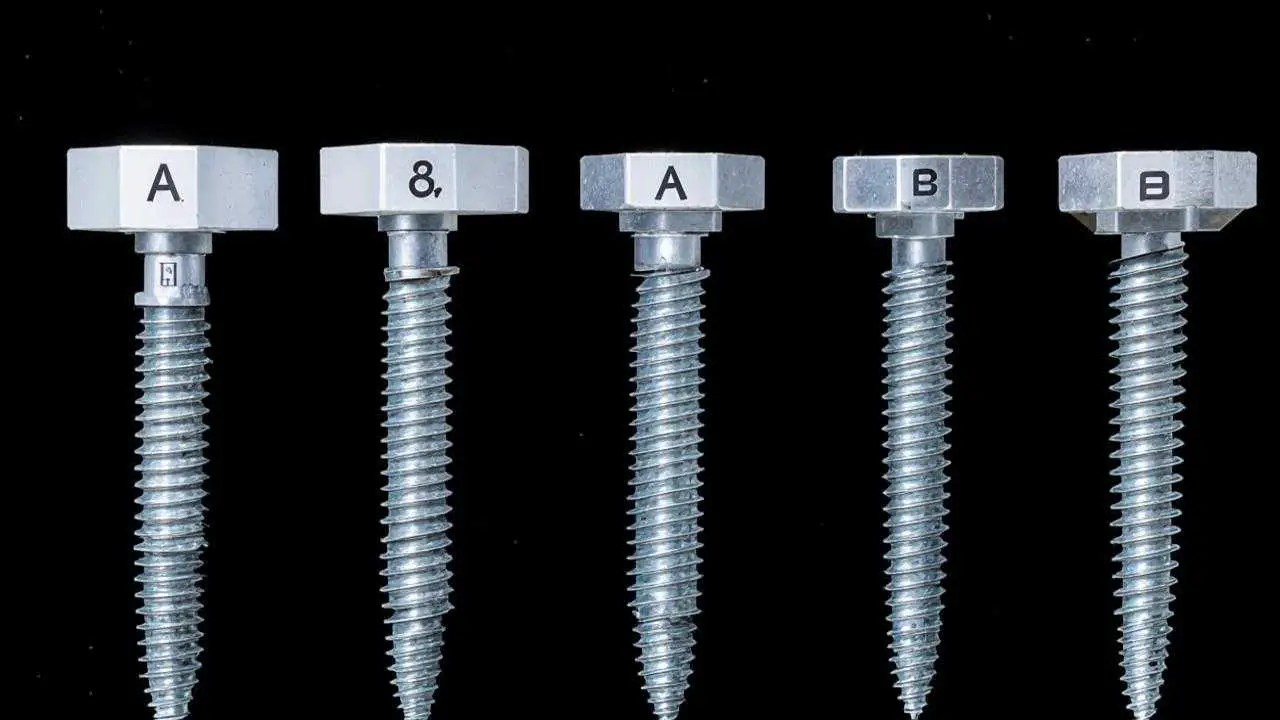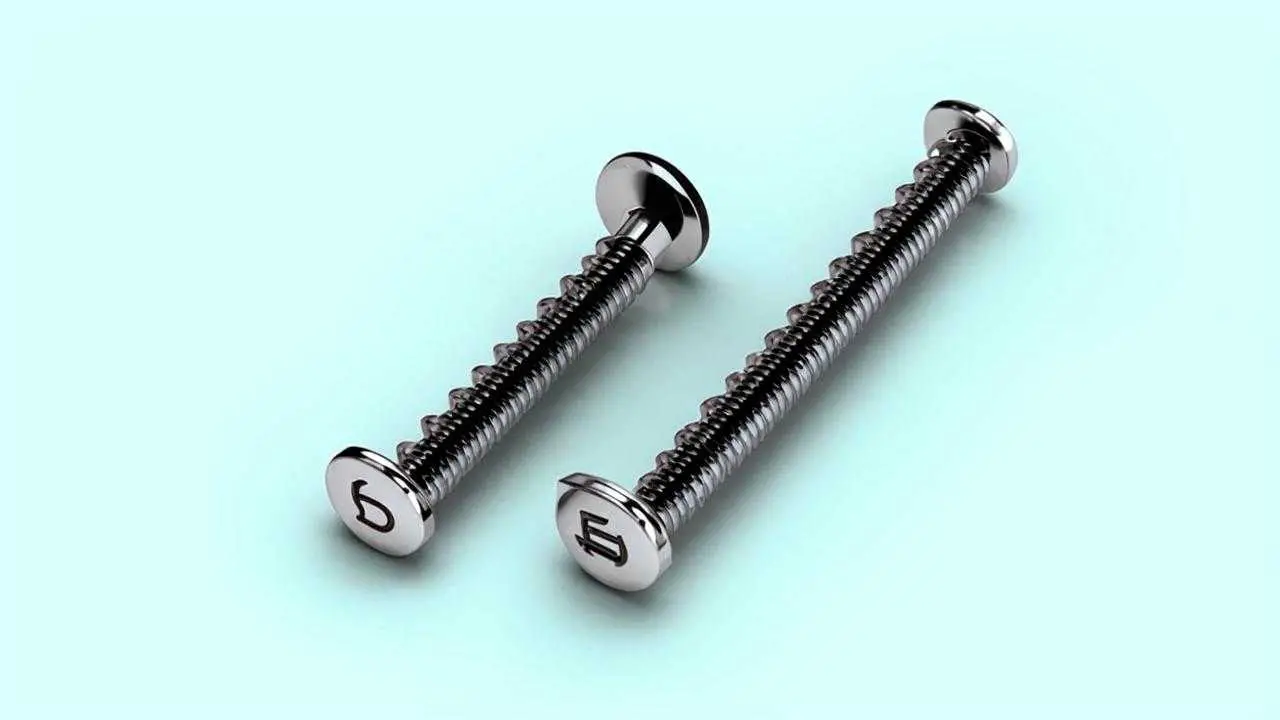Dental implants in Russia began to be manufactured in the mid-90s. This allowed engineers and implantologists to use foreign experience and scientific research data in their developments. Russian dental implants meet modern requirements to the physical properties of products – in their production they use medical titanium of high purification, and the surface is processed by sandblasting. Unfortunately, in the field of technology and methodology, domestic products are inferior to foreign ones.
Conmet
Conmet implants appeared on the market in 1996, they were the first implants produced in Russia.
The company Conmet supplies the following types of implants:
- Cylindrical. Diameters from 3.5 to 5.5 mm and lengths from 8 to 16 mm.
- Conical. Their diameter is 3.4-4.5 mm with the same length as the cylindrical ones.
- Classic. They have a diameter of 4.0 to 4.8 mm and a length of 8 to 12 mm.
- Mini. Diameter 1.8-2.0 mm, length 8-12 mm. Mini implants with cylindrical and spherical head are produced.
A – cylindrical, B – conical, C – classical, D – mini.
Aggressive threading on the head of the post helps to securely insert the implant into the jaw, while microthreading optimally distributes the load. The company has developed a proprietary biological coating that accelerates osseointegration.
The company’s products comply with international quality standards ISO 13485 (for medical devices) and have received the European CE certificate of conformity.
IRIS
“Innovative Russian implantation system” – this is how the abbreviation IRIS stands for. The company Likostom works in cooperation with the Italian research and production center B&B Dental and Russian research centers.
The result of joint work is a system of Russian dental implants, which meets international and European quality standards.
The pins are made of medical grade 4 titanium. The production is located in Italy.
Features of the system:
- The conical connection seals the dental implant cavity with a gap of no more than 4 microns. Pathogenic flora cannot penetrate inside.
- The geometry of the connection between the post and abutment favors the soft tissue volume. This increases the predicted positive outcome of implantation.
- The thread distributes the load over the entire surface, transferring stress from the anterior region to the alveolar ridge.
- A single platform facilitates prosthetics
- Screw connects abutment and post
- IRIS implants come with a lifetime warranty.
The company produces 4 models: Liko-M (A), Liko-M Evolution ( B ), Liko-M Slim (C), Liko-M Mini (D ).
Biomal
In the rating of Russian implant manufacturers, Biomal takes the 3rd place among the young ones. But the implant it produces was developed back in the 80s of the last century. It was finalized, new technical solutions were applied and we got a system different from the products of other companies.
The Biomal system is designed as a multiunit system – the post and abutment are connected in one structure. It is suitable for single-stage protocols.
The self-tapping thread of the post provides sufficient retention to allow immediate placement of the provisional denture. The surface is treated with bioinert ceramics to accelerate osseointegration.
The company produces 3 types of tapered implants, with diameters of 3.5 and 4.5 mm. The length is 8-16 mm.
Implants are approved for use by the Ministry of Health and Social Development of the Russian Federation.
How to choose?
The possibilities of prosthetics on Russian products are limited to standard clinical situations. They are not adapted for innovative methods such as All-on-4 and All-on-6. Most brands are designed for the classic two-stage protocol.
But implants from Russia have advantages: they are good for single implantations, suitable for placement in thin bone. Products of some Russian brands have received international quality certificates.
With a limited budget and a standard installation protocol, Russian-made implants are well worth it, because the price is almost 2 times lower. In complex clinical situations, their capabilities are limited.
Thus, the number of models of Swiss implants Straumann, ROOTT, Swedish Nobel Biocare – more than 80. Russian brands supply 3-4 models.
The main thing is that the high percentage of implant engraftment of well-known foreign brands is confirmed by scientific research. Russian products do not have such volume of publications.
It is not easy to place Russian implants, not many clinics work with them. Due to their limited use, Russian products are not difficult to install, in dentistry such standard protocols are well worked out. Their cost is low, there is a temptation to put an implant cheaper. But it is important to remember that the doctor should choose the system. He takes into account many details and sees the whole clinical picture. A good implantologist will recommend a product that is suitable for a particular situation.
Foreign systems are often installed “turnkey”, but this is not always the case with Russian systems. Russian implants are not suitable for all protocols, they have many contraindications. At the same time, they have proven themselves in lateral sections, with small bone loss.
